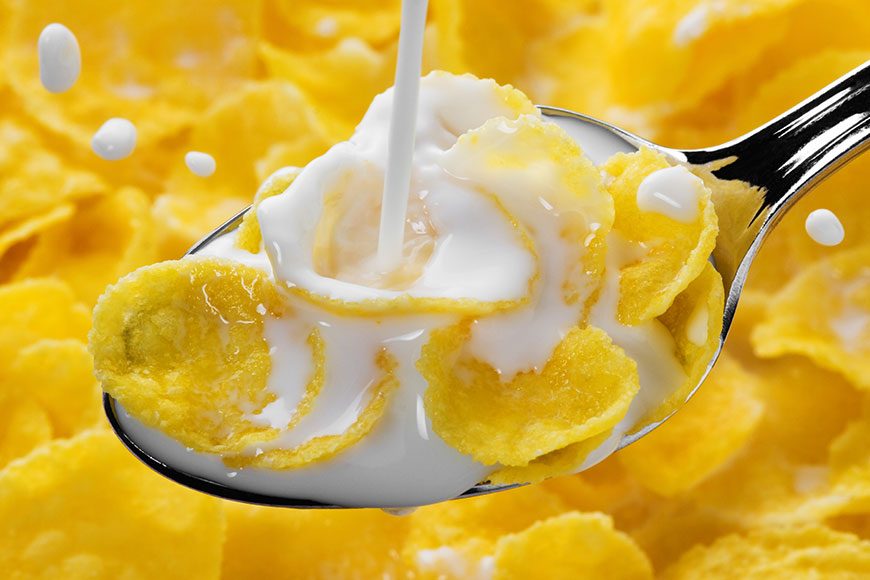Got Milk?
What’s the Real Deal with Dairy?
For decades, dairy boards have invested millions into marketing milk and other dairy products as an essential part of a healthy, balanced diet. But despite these claims, nutritionists and health experts constantly argue over the pros and cons of dairy consumption – which leaves consumers confused, especially those who are health conscious. Let’s take a look at some of the pros and cons of including dairy in your diet.
For Dairy: Strong Bones, Healthy Hearts
Dairy contains calcium, potassium, vitamin D, and like red meat, it contains all 20 amino acids and is packed with high-quality protein. These nutrients are important for bone health, and helps reduce the risk of cardiovascular and other diseases like type 2 diabetes. Dairy is also delicious – think about milk and cookies, toasted cheese sandwiches and of course milk chocolate. Can you imagine pizza without cheese? Unfortunately all this deliciousness comes at a cost.
The Dark Side of Dairy
There is a growing list of environmental and moral issues associated with dairy farms, for example climate-warming emissions and large-scale pollution – not to mention cruelty to animals and the unwelcome ingredients in dairy. Many people are experiencing congestive issues when they have dairy. While you could use Phyto-Force Mullein as a decongestant, is it not better to look at the cause instead of symptomatic treatment? Because dairy cows are almost constantly pregnant they pass oestrogen on in their milk, and an excess of this hormone can stimulate cancer cells and weaken the immune system. Milk also contains IGF-1, a growth hormone which is necessary for growth in calves and children, but not really suitable to adults and has been linked to breast and prostate cancer. Yes, as delicious and nutritious as what it is, dairy is also pretty scary.
The Bottom Line
If you feel that dairy may be affecting you in a bad way, you are concerned about the environment, or if you are exploring a lifestyle change – take a break from it for two to three weeks and see how you feel. You could use a few supplements like. You could use Phyto-Force Anaemi-Logic to help you transition to not having dairy. If you feel better not eating dairy, there are many alternatives available. You can get calcium from other food sources like leafy green vegetables and nuts. Most of us get enough Vitamin D simply by regularly spending a bit of time in the sun. Beet greens, swiss chard and sweet potatoes are packed with potassium, and the list of alternative protein sources is huge. As for cookies and milk, why not try almond milk, it’s yummy!


